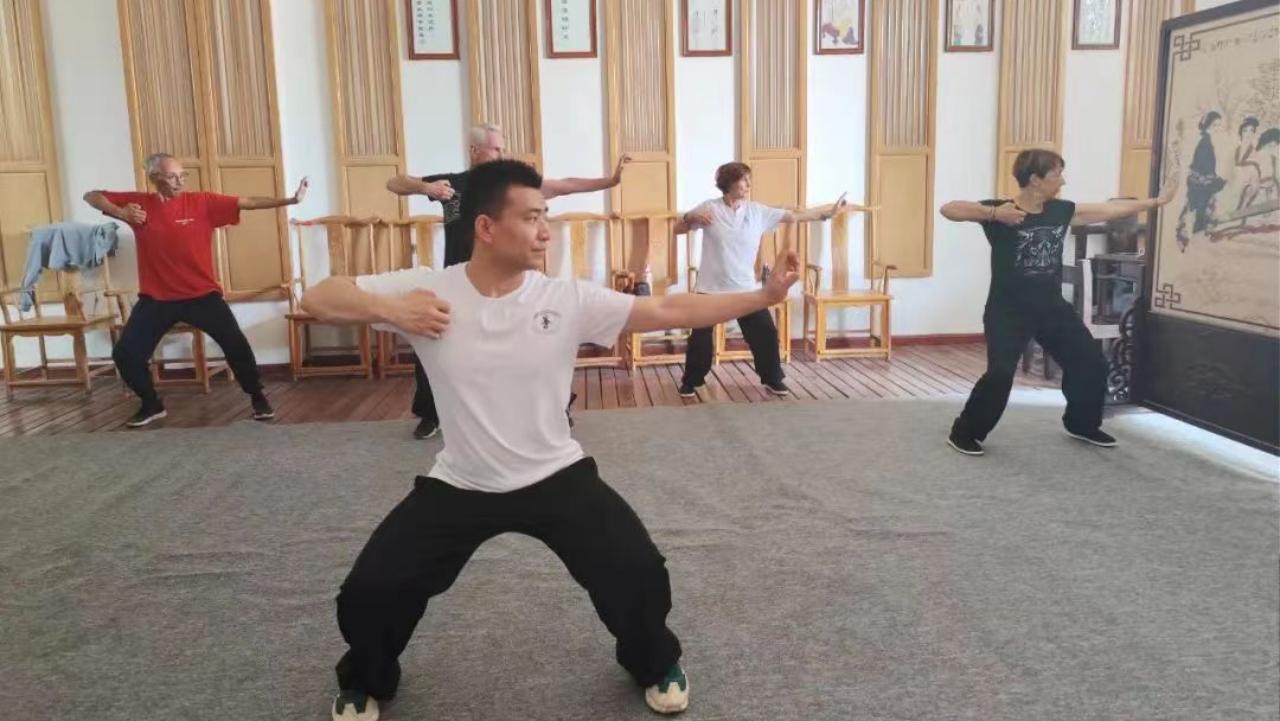In today’s fast-paced world, dealing with stress has become a universal challenge. Whether you’re juggling career responsibilities, navigating personal relationships, or coping with unexpected life changes, stress can feel overwhelming and inescapable. But it doesn’t have to be. At Hearts & Minds Development, we believe that reclaiming your inner calm is not just possible—it’s essential for mental, emotional, and physical health.
This article explores five powerful and science-backed mind-body techniques that not only help in dealing with stress, but also strengthen your resilience, emotional intelligence, and overall well-being. Each method is practical, accessible, and rooted in holistic healing practices that align with our mission to help individuals unlock their full potential.
Let’s dive into proven strategies that can bring you back into balance.
1. Transformative Breathwork to Calm the Nervous System
Breathwork is one of the most immediate and effective tools for dealing with stress. Your breath is deeply connected to your nervous system and emotional state.
How It Helps
Deep, conscious breathing activates the parasympathetic nervous system dealing with stress promoting relaxation, lowering cortisol levels, and reducing the “fight-or-flight” response.
Simple Technique: 4-7-8 Breathing
- Inhale through your nose for 4 seconds
- Hold your breath for 7 seconds
- Exhale through your mouth for 8 seconds
Repeat this cycle for 3–4 minutes. It calms your mind and stabilizes your heart rate almost instantly.
Tip:
Use breathwork as a morning ritual or midday reset to boost focus and resilience.
2. Empowering Meditation Practices for Mental Clarity
Meditation isn’t just for monks—it’s a scientifically validated practice that supports dealing with stress, boosts emotional regulation, and enhances inner peace.
Mind-Body Connection
Regular meditation reduces activity in the brain’s default mode network, which is responsible for overthinking and worry. It builds new neural pathways that promote calmness and focus.
Guided Practice:
Start with 10 minutes a day using mindfulness apps like Insight Timer, Headspace, or Calm. Focus on your breath, a mantra, or simply observe your thoughts without judgment.
Benefits:
- Improves memory and attention
- Reduces anxiety
- Enhances self-awareness
3. Uplifting Movement Therapies to Release Tension
Movement is medicine. Physical activity is one of the most effective ways to combat the physiological effects of stress.
Powerful Options Include:
- Yoga: Blends physical postures, breath control, and meditation
- Tai Chi: A gentle martial art that enhances balance and serenity
- Walking in Nature: Promotes mindfulness and lowers blood pressure
Why It Works
Exercise releases endorphins—your brain’s feel-good chemicals—and reduces levels of adrenaline and cortisol.
Bonus Tip:
Try a “movement snack” by taking 5–10 minute movement breaks during work hours. Even stretching or a short walk can improve your mood.
4. Nourishing Nutrition to Support Stress Resilience
What you eat profoundly impacts how you feel. A balanced diet provides the body and brain with the nutrients needed to manage stress effectively.
Stress-Fighting Nutrients:
- Magnesium: Found in leafy greens, nuts, seeds
- Omega-3 fatty acids: Found in salmon, flaxseeds, walnuts
- Vitamin B-complex: Supports energy and mood
Mindful Eating Practice:
Slow down and savor your meals. Avoid screens while eating. This simple change enhances digestion and emotional connection to food.
Avoid:
Excess caffeine, alcohol, and processed sugars—they spike anxiety and disrupt sleep cycles.
5. Powerful Journaling Techniques for Emotional Clarity
Writing is a powerful self-reflection tool for dealing with stress. Journaling helps to organize thoughts, release suppressed emotions, and gain insight into recurring stress patterns.
How to Get Started
Try one of these prompts:
- What is currently causing me stress?
- What thoughts or actions are within my control?
- What am I grateful for today?
Journaling Methods:
- Gratitude Journal: List 3 things you’re grateful for daily
- Stream-of-Consciousness Writing: Write without censoring
- Mood Tracker: Reflect on emotional triggers and how you responded
Time Needed:
Just 10 minutes a day can create a lasting shift in how you process and respond to stress.
The Science Behind Mind-Body Techniques
Mind-body techniques aren’t new-age fluff—they’re backed by hard science. According to a 2023 Harvard Medical School study, practices like breathwork, meditation, and yoga significantly reduce inflammation, lower cortisol, and boost resilience.
Furthermore, the American Psychological Association notes that combining physical activity, mindfulness, and cognitive reflection (like journaling) creates a synergistic effect for managing chronic stress.
At Hearts & Minds Development, we embrace these integrative techniques to help our clients live calmer, more connected lives.
Lifestyle Tips for Long-Term Stress Resilience
To make stress management a lifelong habit, consider integrating these lifestyle practices:
- Create a sleep routine: Aim for 7–9 hours of quality sleep
- Set digital boundaries: Avoid screens 1 hour before bed
- Practice self-compassion: Speak to yourself like you would a loved one
- Stay connected: Healthy relationships are protective against stress
Remember, dealing with stress is not about avoiding it completely—it’s about developing the tools to face life with courage, calm, and clarity.
Conclusion: Build Inner Strength Through Mind-Body Alignment
Dealing with stress doesn’t have to mean living in survival mode. With the right mind-body techniques, you can create a powerful foundation of resilience and inner peace. By practicing breathwork, meditation, mindful movement, supportive nutrition, and expressive journaling, you reclaim your agency over your emotions and wellbeing.
Hearts & Minds Development is here to support you on that journey. If you’re ready to go deeper, consider working with one of our experienced coaches or therapists who can tailor these techniques to your unique needs.
Take the first step today. Your calm, resilient self is already within you—waiting to be uncovered. Our homepage is your go-to spot for fresh, reliable content.
FAQ: Dealing with Stress
1. What are the most effective techniques for dealing with stress?
Some of the most effective techniques include breathwork, meditation, movement (like yoga), healthy nutrition, and journaling. These practices calm the nervous system and promote emotional regulation.
2. How long does it take for stress management techniques to work?
It varies from person to person. Some techniques like breathwork offer immediate relief, while practices like meditation and journaling may take a few weeks of consistency to show noticeable results.
3. Can dealing with stress naturally replace medication?
Mind-body techniques can be very effective, especially for mild to moderate stress. However, if stress is severe or linked to anxiety/depression, always consult with a mental health professional before altering any treatment plans.











Leave a Reply